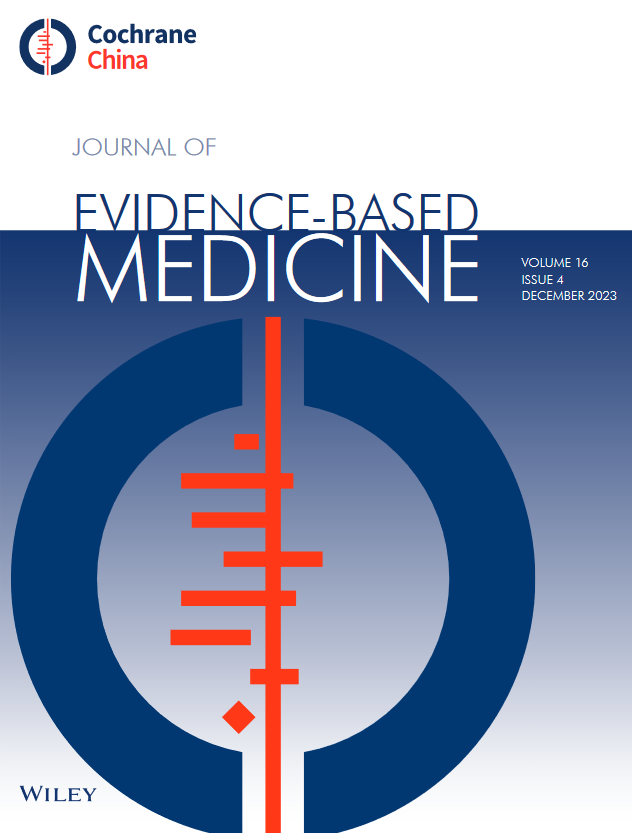Observational studies had demonstrated a link between sleep disturbances and cognitive decline. Here, we aimed to investigate the causal association between genetically predicted sleep traits and cognitive impairment using Mendelian randomization (MR).
Using strict criteria, we selected genetic variants from European ancestry Genome-wide association studies (GWAS) from the Sleep Disorders Knowledge Portal and UK Biobank as instrumental variables for several sleep traits, including insomnia, sleep duration, daytime sleepiness, daytime napping, and chronotype. Summary statistics related to cognitive impairment were derived from five different GWAS, including the Social Science Genetic Association Consortium. The role of self-reported sleep trait phenotypes in the etiology of cognitive impairment was explored using inverse-variance weighted (IVW) tests, MR-Egger tests, and weighted medians, and sensitivity analyses were conducted to ensure robustness.
In the main IVW analysis, sleep duration (reaction time: β = –0.05, 95% CI –0.07 to –0.04, p = 1.93×10−12), daytime sleepiness (average cortical thickness: β = –0.12, 95% CI –0.22 to –0.02, p = 0.023), and daytime napping (fluid intelligence: β = –0.47, 95% CI –0.87 to –0.07, p = 0.021; hippocampal volume in Alzheimer's disease: β = –0.99, 95% CI –1.64 to –0.35, p = 0.002) were significantly negatively correlated with cognitive performance. However, any effects of insomnia and chronotype on cognitive impairment were not determined.
Our findings highlighted that focusing on sleep behaviors or distinct sleep patterns-particularly sleep duration, daytime sleepiness, and daytime napping, was a promising approach for preventing cognitive impairment. This study also shed light on risk factors for and potential early markers of cognitive impairment risk factors.


